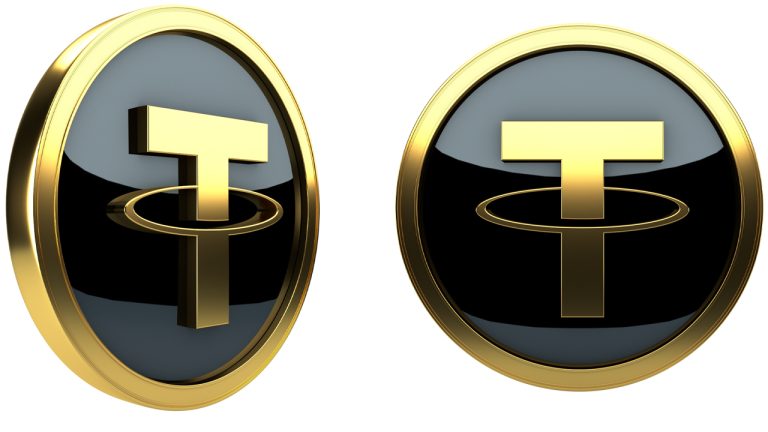Stablecoin Issuer Tether Won’t Freeze Tornado Cash Addresses, Says Premature Freezing Could Jeopardize Investigations

While the crypto community is still talking about the U.S. government banning the ethereum mixing platform Tornado Cash, the stablecoin issuer Tether Holdings Limited revealed on Wednesday that the company would not “freeze Tornado Cash addresses.” Tether’s recently published blog post about the subject says the company is waiting for instructions from law enforcement.
Tether Has No Plans to Freeze Tornado Cash-Associated Private Wallets and Is Waiting to Hear From Law Enforcement Officials
On August 8, the U.S. Treasury Department’s financial watchdog, the Office of Foreign Asset Control (OFAC), banned the ethereum mixing application Tornado Cash and ever since then, OFAC’s sanctions enforcement has been met with controversy. Of course, OFAC’s actions caused a ripple effect and a number of companies like Circle Financial’s and Coinbase’s Centre consortium, Github, and Discord took action. For instance, developers were suspended from Github, the Tornado Cash Discord server was deleted, and reports noted that Centre blacklisted dozens of ethereum addresses and froze 75,000 USDC.
Tether Holds Firm on Decision Not To Freeze Tornado Cash Addresses, Awaits Law Enforcement Instruction https://t.co/zpsI9lKLlf
— Tether (@Tether_to) August 24, 2022
According to a blog post published by Tether Holdings Limited published 16 days after OFAC’s ban, the company explains that as of right now, it’s not freezing USDT assets held within the Tornado Cash mixer. Tether says the company works with law enforcement officials regularly and is in daily contact with “key law enforcement officers.” If a law enforcement official provides a legitimate request to freeze a private wallet, Tether “complies with the freeze,” but we do not freeze wallets of exchanges/services,” the company added.
Tether’s blog post continues:
So far, OFAC has not indicated that a stablecoin issuer is expected to freeze secondary market addresses that are published on OFAC’s SDN List or that are operated by persons and entities that have been sanctioned by OFAC. Further, no U.S. law enforcement agency or regulator has made such a request despite our near-daily contact with U.S. law enforcement whose requests always provide precise details.
Unilaterally Freezing Addresses Prematurely Could Be a Bad Move, Tether Says
Furthermore, Tether says that choosing to unilaterally freeze secondary market addresses very well “could be a highly disruptive and reckless move.” The company also detailed that there have been instances where law enforcement has told the company not to freeze suspected private wallets so the suspects of an investigation are not alerted and liquidate the funds. Tether’s blog post also calls out a number of stablecoin issuers like Paxos, a New York-based regulated company.
Tether said that Paxos did not freeze Tornado Cash wallets and the USDT’s issuer further noted that Makerdao, the issuer of the decentralized finance (defi) stablecoin DAI did not proceed with any type of freeze. However, Tether seems to disagree with the move made by USDC’s issuers. “We believe that, if made without instructions from US authorities, the move by USDC to blacklist Tornado Cash smart contracts was premature and might have jeopardized the work of other regulators and law enforcement agencies around the world,” the blog post on Wednesday added.
What do you think about Tether’s blog post that says it will not freeze USDT tied to Tornado Cash and that it is waiting for instructions from law enforcement? What do you think about the company’s commentary about USDC’s issuer blacklisting stablecoin wallets? Let us know what you think about this subject in the comments section below.
from Bitcoin News https://ift.tt/fQUciCa
Comments
Post a Comment